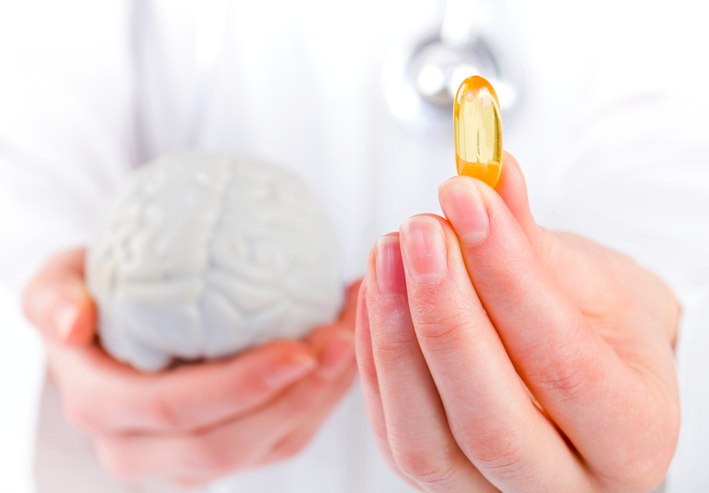The cross-sectional study investigated the association of dietary vitamin E intake with PD among adults over the age of 40, with the authors from Guangdong, China concluding that vitamin E intake was negatively associated with the risk of PD and that “ensuring sufficient dietary vitamin E levels could be crucial in lowering the risk of Parkinson’s disease”.
Vitamin E for neuroprotection
PD, the prevalent progressive neurodegenerative condition, currently affects millions worldwide and is expected to double in the next two decades due to the ageing population.
Various factors such as genetics, environment and age have been shown to contribute to PD’s pathogenesis.
The disease is characterised by the loss of dopaminergic neurones, the formation of Lewy bodies in the substantia nigra (a critical brain region for the production of dopamine) and involvement of α-synuclein, accompanied by neuroinflammation, oxidative stress and mitochondrial dysfunction.
Dopaminergic neurones have been shown to be particularly vulnerable to oxidative stress, and antioxidants, including those in food, have been identified as potentially neuroprotective against PD. Notably, vitamin E, an antioxidant inhibiting lipid peroxidation, is suggested to play a crucial role in PD treatment.
However, the authors of the new study noted that conflicting findings exist regarding the association between vitamin E intake and PD progression, calling for further investigation into the potential of vitamin E for PD prevention.
Study details
The study assessed data collected from the National Health and Nutrition Examination Survey (NHANES) from 2009 to 2018.
To identify the different characteristics of the participants, the authors utilised propensity score matching (PSM) to reduce the effects of selection bias and confounding variables.
Weighted univariate and multivariable logistic regression were used to examine the association between dietary vitamin E intake and PD before and after matching.
The researchers then used restricted cubic spline (RCS) to visually describe the possible non-linear relationships and performed a subgroup analysis to further investigate the relationship between dietary vitamin E intake and PD.
According to the weighted univariate and multivariable logistic regression analysis, vitamin E intake was inversely associated with the risk of PD before and after matching, and the results of RCS analysis revealed no non-linear inverse relationship between vitamin E intake and PD before and after matching.
Additionally, the subgroup analysis showed that age may influence the negative association between vitamin E and PD (P < 0.05 for interaction).
“The findings of this study indicate that a higher vitamin E intake is linked to a reduced risk of PD to some extent,” the authors concluded. “Considering the growing prevalence of PD and the potential neuroprotective properties of vitamin E, this discovery holds significant implications for both public health and clinical practice.
They added that more extensive research is needed to unravel the underlying mechanisms and thoroughly investigate the potential advantages and drawbacks of dietary vitamin E supplementation.
Source: Frontiers in Nutrition
doi: doi.org/10.3389/fnut.2023.1289238
“Dietary vitamin E intake and risk of Parkinson’s disease: a cross-sectional study”
Authors: Xiaoqian Hao et al.
